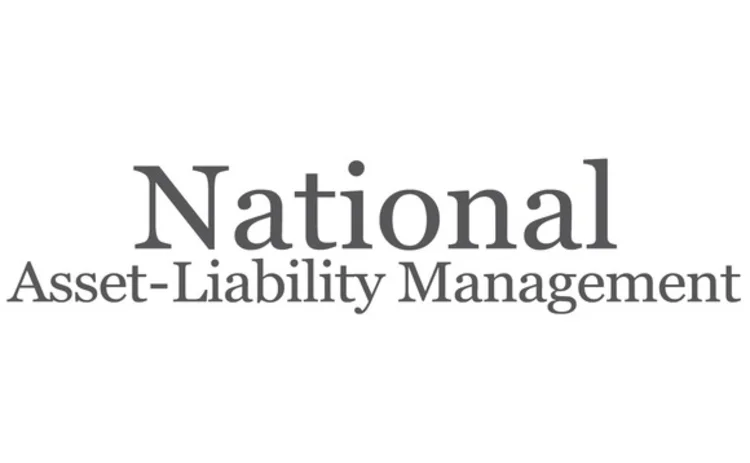
Ethical investment may not mean higher returns, says Norway fund chief economist
An ethical investment stance is ‘consistent with earning good returns' says GPFN economist

The ethical investment of Norway's government pension funds is a "hot topic" in Norway, which can be "consistent with earning good returns", but there is no empirical evidence that it makes economic sense, according to Thomas Ekeli, chief economist of the domestically invested pension fund, Government Pension Fund Norway (GPFN).
During a presentation to the National Asset Liability Management conference in Singapore yesterday, Ekeli emphasised the importance of ethically-focused investment – typically referred to as ESG, or environmental, social, governance. ESG takes many different forms, such as investing in environmentally friendly firms, or to excluding specific sectors such as defence or alcohol producers from a portfolio.
Responding to a question from CentralBanking.com over whether there was any economic value, as opposed to simply positive PR from adopting an ESG approach, Ekeli emphasised the long-term focus of the GPFN was the driving force to its investment approach.
"There is benefit to investors from an ethical approach. If you take the long-term perspective, you will find a few issues that are consistent with earning good returns – many of these are bound up in what we term ‘sound governance' issues. These highlight how a company deals with things that do not show up on the balance sheet and has to do with the time perspective of the senior management.
"We know, for example, most CEOs are in a job for five to 10 years and our perspective is significantly longer than that, so in that sense there is a great deal of alignment in what we call ‘responsible investment' and financial returns. We do not try to pursue the flag-waving PR side of things."
However when Ekeli was asked whether he was implying there is a connection between, for example, tobacco and defence firms and poor governance, he said that excluding sectors or stocks on an ethical basis brought no benefits in terms of increasing returns and that the issue "is a very difficult debate".
"There are many different approaches to responsible investment and one certainly is to exclude companies based on what business activity they are engaged in, but there isn't a strong empirical link between excluding certain sectors and companies and financial returns."
Instead Ekeli said that the greatest level of the GPFN's excess returns versus the benchmark has come from underweighting poor companies due to inadequate governance, but that this decision was made on a business, rather than an ethical, basis.
ESG investment is strongly associated with the Nordic region, but Ekeli said this did not mean people from those countries are more moral than their peers globally. Instead in the context of the GPFN, the strong emphasis on ESG was a function of a keen interest in the Norwegian population on how the fund is invested.
"The people themselves don't feel that this is their individual money but that they have a strong right to have a view on how the money is invested – whether this is done soundly or ethically. This is a very hotly debated topic in the media and takes up a lot of ministers' time."
Only users who have a paid subscription or are part of a corporate subscription are able to print or copy content.
To access these options, along with all other subscription benefits, please contact info@centralbanking.com or view our subscription options here: http://subscriptions.centralbanking.com/subscribe
You are currently unable to print this content. Please contact info@centralbanking.com to find out more.
You are currently unable to copy this content. Please contact info@centralbanking.com to find out more.
Copyright Infopro Digital Limited. All rights reserved.
You may share this content using our article tools. Printing this content is for the sole use of the Authorised User (named subscriber), as outlined in our terms and conditions - https://www.infopro-insight.com/terms-conditions/insight-subscriptions/
If you would like to purchase additional rights please email info@centralbanking.com
Copyright Infopro Digital Limited. All rights reserved.
You may share this content using our article tools. Copying this content is for the sole use of the Authorised User (named subscriber), as outlined in our terms and conditions - https://www.infopro-insight.com/terms-conditions/insight-subscriptions/
If you would like to purchase additional rights please email info@centralbanking.com
Most read
- ECB says iPhone is currently incompatible with digital euro
- Supervisors grapple with the smaller bank dilemma
- Central bank of the year: Central Bank of Brazil







